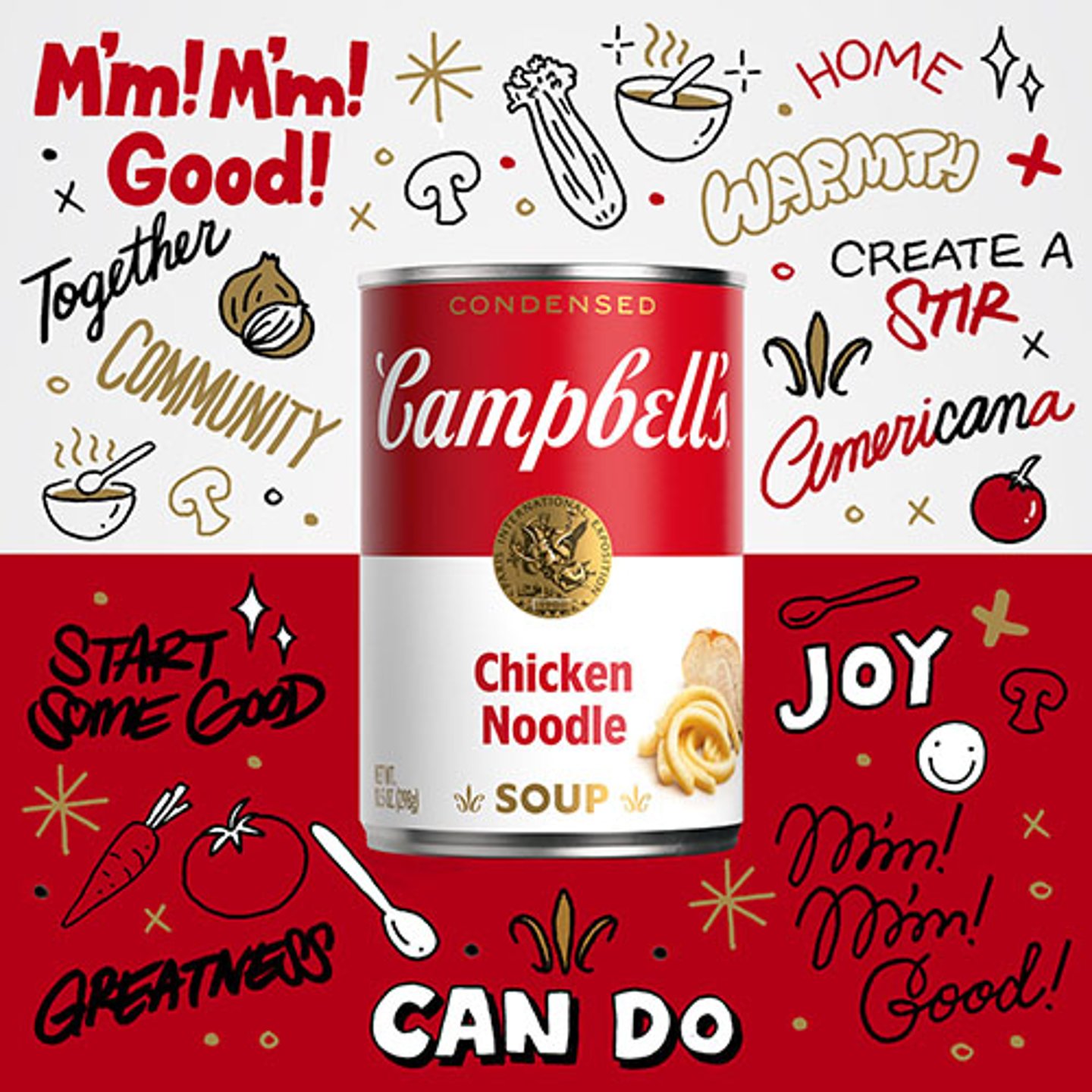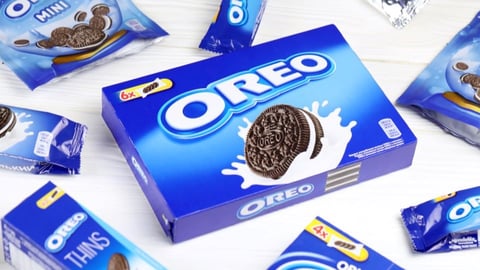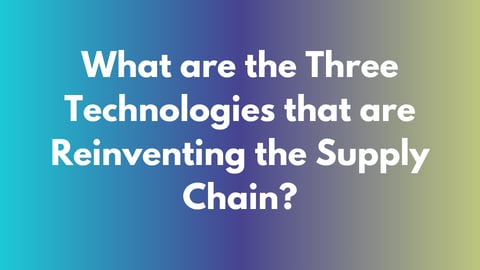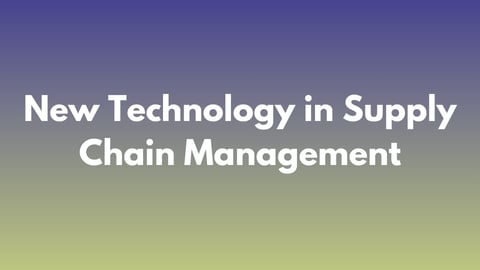Coca-Cola & Campbell's Join Brands Experimenting With NFTs and the Metaverse
More consumer goods companies are experimenting with NFTs (non-fungible tokens) and the metaverse, with both Coca-Cola and Campbell Soup Company among those recently dipping toes into the virtual waters.
But despite the influx of attention, some brands may want to tap the brakes before jumping into the trend.
Coca-Cola’s first NFTs — unique digital assets stored on a blockchain — are being auctioned in a four-day auction on the OpenSea digital marketplace. The auction began July 30, with proceeds benefiting Olympics International.
Campbell Soup Company, meanwhile, has not only redesigning its iconic soup label, but it commemorated the change with its first NFT digital art pieces.
Both join such other consumer goods companies as AB InBev, Procter & Gamble and e.l.f. Cosmetics in experimenting with the metaverse — very loosely defined as virtual experiences and environments. While some brands are going digital-only in their debuts, others are accompanying the launches with physical replications of the assets.
Josh Schwarber, Coca-Cola global digital design senior director, said the borderless and “geo-less” metaverse creates opportunities for the company to connect with consumers in new ways.
“We didn’t want to do this just to make an NFT. We wanted to inject the core principles of Coca-Cola and celebrate both our heritage and ties to friendship, while also doing something that hasn’t been done before,” he said. “It was important to stay true to the brand by bringing people together through unique, surprise-and-delight moments of connection that feel right for Coke.”
[See also: Coca-Cola Expanding Wabi Digital Ecosystem]
Indeed, consumer attention is the chief reason brands are hopping onto the NFT bandwagon, Mike Proulx, Forrester Research VP, research director of the CMO practice, told CGT, but the fast followers should proceed with caution.
“While first movers like Taco Bell can be applauded for being ‘innovative’ by ‘testing and learning,’ as more and more brands show up late to the party, consumers will find their attention-grabbing stunts as having jumped the shark — no longer being something that’s cool,” he said. (Taco Bell sold a series of taco-themed NFTs in March.)
The number of adult Gen Z-ers who think it’s cool to be associated with a brand on social media is declining, according to Forrester research. In 2019, 52% believed this to be true; this dropped to 46% in 2020 and 43% in 2021.
“NFTs only work based on perceived value. Although marketers understand the mechanics of supply and demand, the NFTs that have made it big are iconic pieces of our cultural zeitgeist — created by influential, cult or celebrity artists,” noted Proulx. “When brands hastily try to recreate a lightning strike, it cheapens the value. Only those iconic, culture-creating brands, that are celebrities in their own right, who can respectfully offer something truly of value as an NFT have a shot of moving from the superficial ‘stunt zone’ into the much more meaningful customer-obsessed zone.”
To be sure, not all brands are approaching NFTs in the same way. When e.l.f. Cosmetics introduced its first NFTs — a series of Crypto Cosmetics called Ne.l.f.Ts that also had physical counterparts — the company did so with the intent of engaging consumers in new, disruptive and playful ways, according to chief marketing officer Kory Marchisotto.
Sold on the crypto platform Bitski, the NFTs cost as much as the physical cosmetics they replicated, and the brand’s campaign was chock-full of winks. (It noted in a press release that no crypto kitties were harmed in minting the Ne.l.f.Ts, aligning with its cruelty-free standards.)
P&G had a similar mindset when it launched NFT(P), an NFT collection of digital toilet paper art for the Charmin brand. Rob Reinerman, Charmin VP, called it a fun and playful way to give consumers a “a one-of-a-kind virtual version of their favorite roll,” and the company also supplied a physical version of the art.
For Coca-Cola, the company teamed with 3D custom content developer Tafi for a design inspired by “shared moments of friendships” that point to the No. 12 consumer goods company’s iconic 1956 retro vending machines. They were auctioned as a single lot, with the four-piece collection including multi-sensory NFTs housed inside an NFT Friendship Box packaged as a gaming loot box.
The other NFTs include a Coca-Cola Bubble Jacket — with an unlockable version available for use in the Decentraland 3D virtual reality platform — and a Friendship Card inspired by the brand’s 1940s trading cards.
[Related: Jones Soda Co. Brings Labels To Life]
In keeping with the loot box theme, more digital features are made available upon its opening, and Coca-Cola planned to give away NFT t-shirts at a party in the Decentraland metaverse on July 30.
Campbell Soup Company created its NFT art pieces in collaboration with artist and illustrator Sophia Chang, and the company also auctioned off a single animated NFT on OpenSea, with proceeds benefitting Feeding America.
Linda Lee, Campbell chief marketing officer, meals and beverages, described the digital art piece as paying tribute to its place in art and pop culture, while celebrating today’s modern art medium.






